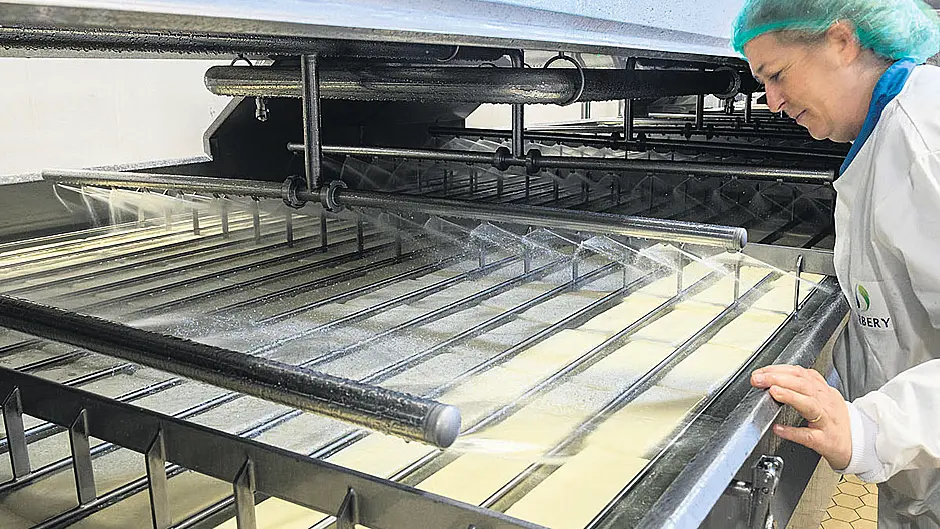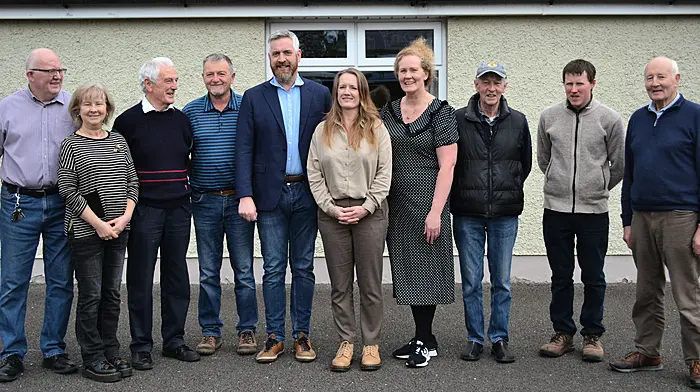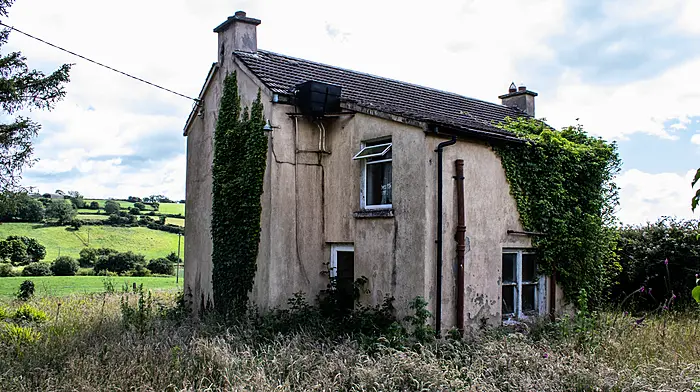While there’s no such thing as free money, some farms are going to find taking up the environment cash an awful lot easier than others, says Mark Robins
ONCE again times are changing for farming.
Like it or not, the environment is getting a big profile.
The negotiations over the new CAP are on the home straight and it looks clear that more money will go to farming for climate and biodiversity.
In June we’ll see the first draft of Ireland’s CAP Strategic Plan, then after a consultation it goes to Brussels next January.
The new rules and schemes start early in 2023.
The clocks ticking then, what opportunities will change bring? Who might be the winners?
If you follow the farming press, you will find some broad hints about the new shape of things: eco-schemes pushing BPS money to the west; carbon-neutral suckler schemes; new ‘results-based’ agri-environment schemes; more money for organics; and the potential for collective or area-based schemes like the BRIDE EIP in East Cork.
You’ll also hear a lot of negativity – along with the new winners, there are bound to be some losers too.
Assuming we see these kinds of new schemes kicking off in 2023, what does it look like for the suckler farmer? The farm with the bog or the hill that barely gets used? The rougher grass on the coast? And the small patches of old woodland?
As someone who cares about the environment, I hope it means a useful opportunity to take-up payments for helping biodiversity along. I hope it will make the environment pay.
While there’s no such thing as free money (there’s always some costs), some farms are going to find taking up the environment money much easier.
The less intensive land, and as I say, the ‘bit of bog’ or the hill or commonage that barely figures these days, should become the new asset.
The opportunity to make up income.
As someone who’s worked with hundreds of farmers, in a number of countries, I’ve often seen good opportunities missed.
There’s too much noise around. Or even fear of the new.
Where there’s winners, there’s often leaders, so who will step up?
And speak up for the opportunity, and shout for a new area-based package that works with the farming and the environment we have here? Probably the coming months of spring and summer 2021 are the chance to get sorted on these opportunities. I hope they’re not missed.
• Mark Robins lives on the Mizen and has worked with farmers and environmental schemes for many years.







